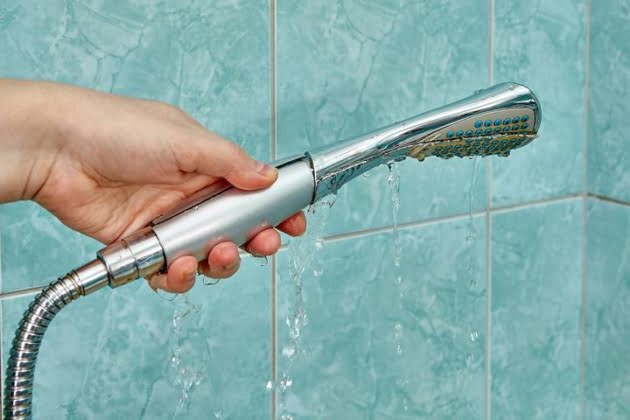Does the sound of your shower dripping keep you awake at night? If so, you aren’t alone. A leaky shower faucet is one of the most common plumbing concerns many homeowners face. The dripping shower is an annoyance, wasting lots of water and causing your water bill to skyrocket. It might start as a slow leak, but the dripping will become frequent if you ignore the problem for long.
There are numerous reasons why your shower won’t stop dripping. The most common problems are a clogged showerhead, a worn-out shower hose, or insufficient caulking. Fortunately, these issues are often repairable with a little DIY expertise. Otherwise, it’s best to call a professional plumber for help. The plumbing technician will help you identify what causes a dripping shower and provide a reliable solution.
Do you have a dripping shower head or faucet in your home? Here are seven reasons why the shower won’t stop leaking:
1. Clogged Shower Head
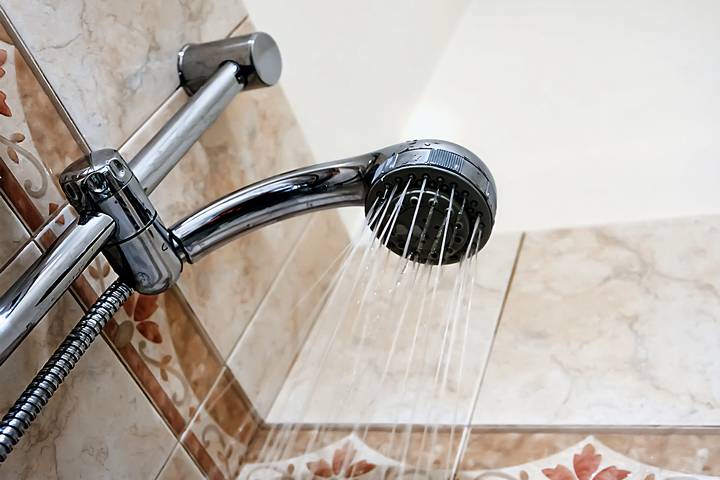
After you turn off the faucet, does your shower continue dripping? If so, there is a good chance that you have a clogged showerhead. Minerals found in your water supply, like calcium and magnesium, can cause a scaly build-up on your faucet head. The holes that allow water to pass through can become blocked, trapping water inside the showerhead. The trapped water will slowly drip out over time.
Besides dripping, the clogs may also lead to low water pressure in the shower. Fortunately, a clogged showerhead is easy to fix. Remove the showerhead and allow it to soak in a limescale solution. Then, use a cleaning brush to scrub away the mineral accumulation. Afterwards, rinse it clean.
2. Damaged Shower Mixer Tap
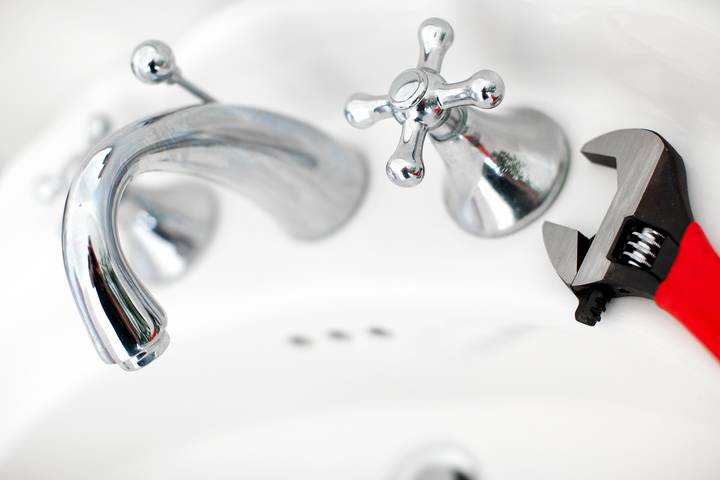
A shower mix tap combines the hot and cold-water supply to achieve the perfect temperature. You will find this device located between the hot and cold water taps at the base of your tap spout. Over time, the shower mixer tap can deteriorate and stop functioning. If it becomes damaged, you will notice a frequently dripping shower faucet.
3. Broken Shower Hose
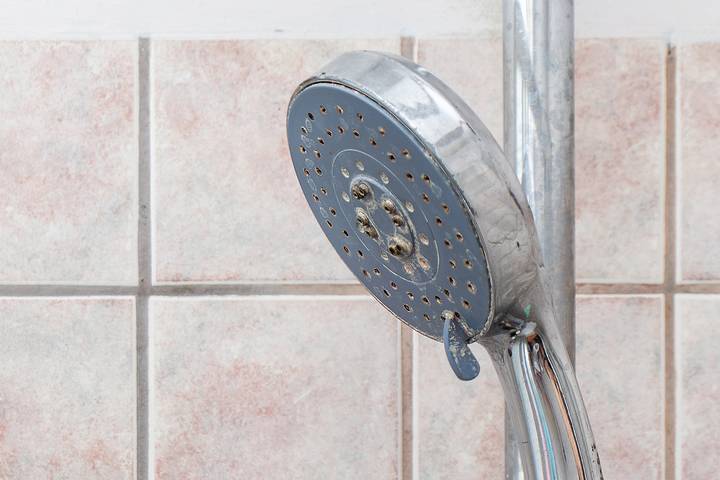
Your shower hose gets a lot of use. It often gets twisted and pulled in different directions. After some time, the shower hose can become worn out. When this happens, tiny cracks occur and allow water to leak.
If water is leaking from any location on your shower hose, that is the source of your problem. The only way to fix this issue is to replace your entire shower hose. You can contact an Oshawa plumber to help you with the installation.
4. Old Shower Valve
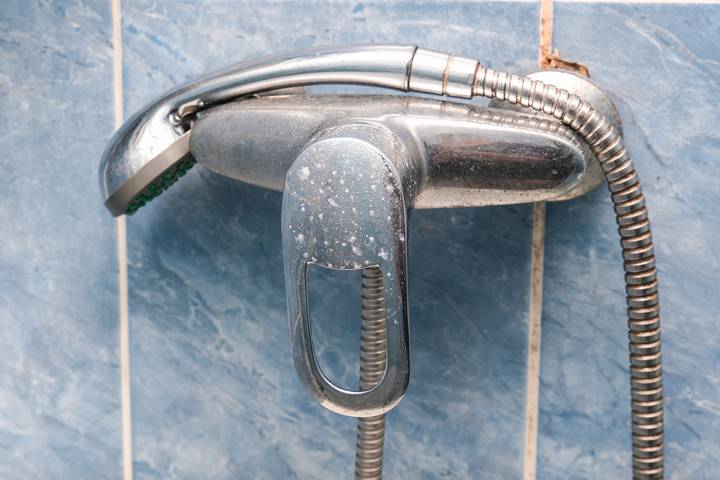
The valve cartridge in your shower controls the water flow out of your showerhead. Since this component gets used a lot, it can wear out quickly. Over time, the minerals in the water can also clog the shower valve, intensifying the problem.
Generally speaking, a shower valve should last approximately two years before it requires replacing. However, it may need a replacement sooner, depending on the mineral content in your water. The valve may also deteriorate more quickly after many repeated uses.
5. Shower Tap Installation
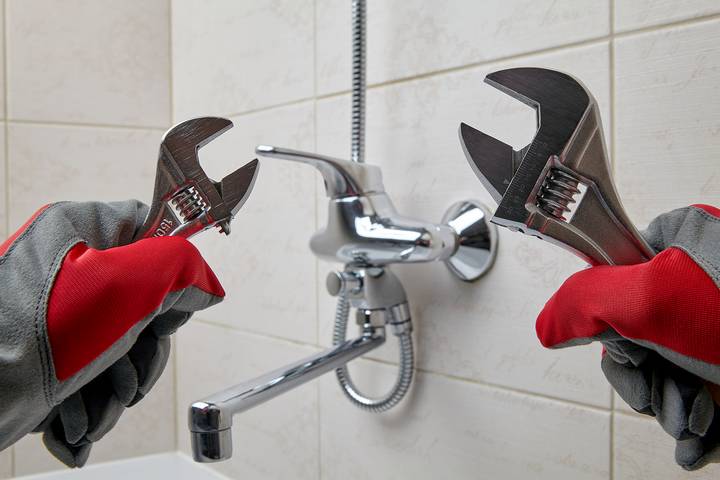
Installing a shower tap is a complex process. If you don’t understand the mechanisms, it’s easy to make mistakes as a beginner. Sometimes, you may have used the wrong materials during the installation. Other problems include caulking incorrectly or not sealing the shower tap thoroughly. These errors can lead to a dripping shower faucet.
If you are unsure how to install a shower tap yourself, it’s best to call a professional for help. The plumber will install the fixture correctly, preventing future leaks and ensuring the shower tap lasts as long as possible.
6. Shower Caulking
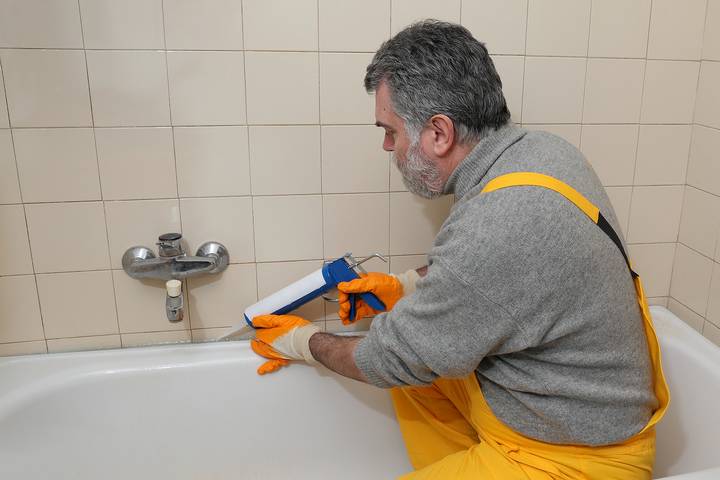
A strip of caulking should surround your shower fixtures. The caulking secures the shower components, ensuring that no water leaks out. Sometimes, your original caulking may have worn thin. Other times, you haven’t used enough supply in the first place. In either case, the lack of caulking leads to a dripping shower.
Fixing your caulking issue is straightforward. Carefully remove the old caulking and replace it with a new strip. Doing this should seal all of your fixtures and prevent future leaks.
7. Shower Washers
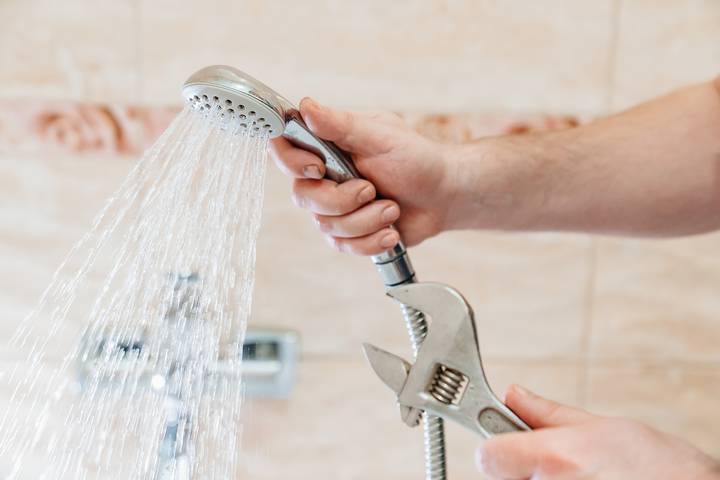
Your showerhead might have rubber washers and O-rings. They look like flat rings with a hole in the middle, installed near the base of the showerhead. Their purpose is to form a watertight seal and prevent leaks in the shower. Over time, the rubber washers can wear out and crack. Once damaged, water may leak through the washers, resulting in a dripping showerhead.
You can repair this problem by replacing the deteriorated parts. When installing new washers and O-rings, ensure a tight seal. That will stop the current dripping shower and prevent leaks from happening in the future.



